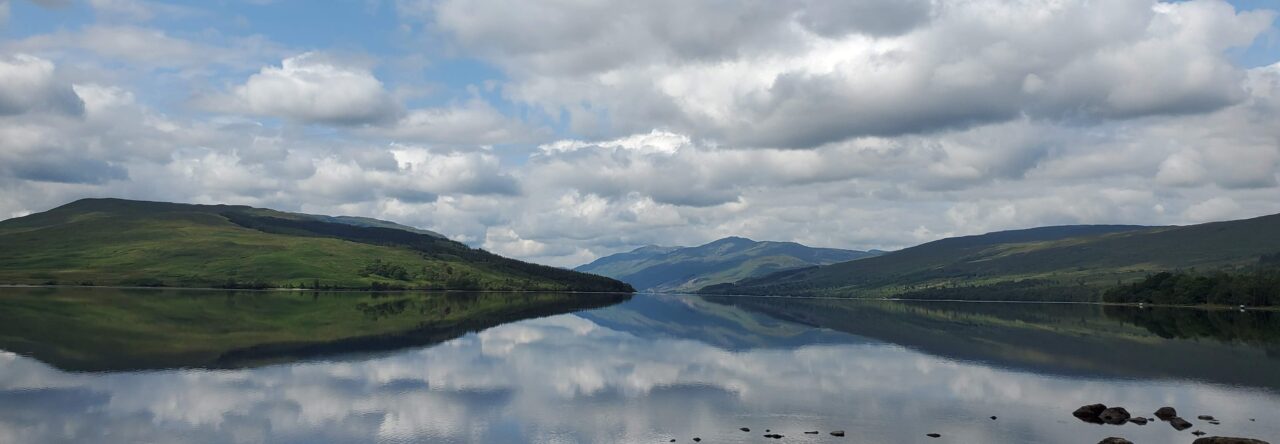This is the eighth year I have worked on Forbes’ World’s Billionaires. As always, I find the personal tales fascinating. I met with new Ukrainian billionaire Yuri Kosiuk at the Four Seasons in New York last fall when he was pitching Wall Street for investment dollars for his poultry producer. We had coffee and a long chat about how his business is faring in Ukraine’s often fraught political environment. His take: if you know how to play the game you can succeed. We heard the same from Aliko Dangote, the Nigerian billionaire who increased his fortune six-fold when he took his cement operations public. He is convinced he can maneuver the politics in Africa to build a continental (and global) cement giant.
On a macro level, the total net worth and number of billionaires says a great deal about how a country is doing. My thesis: in Ukraine and Russia, a disproportionate amount of wealth looks to be accumulated in a few hands, the relic of a centralized Soviet system (in Kazakhstan we don’t see the same because the state still controls many assets under the tight grip of President Nursultan Nazarbaev) (Caveat: some of the wealth is held in investments in other countries but I think my thesis holds true for the most part). Meanwhile, in Eastern Europe, though central planning was also instituted, the political systems and opposition to communism emerged differently and there appears to be more spreading of wealth and perhaps the opportunity to still amass wealth. (see stats below) Indeed, Poland’s robust stock exchange has regional players flocking to go public. Poland is serving as a model for wealth creation.
We can also see where money is coming from – US’ biggest billionaire names come from tech, investments/finance and retail – think Bill Gates, Warren Buffet and Waltons of Wal-Mart whereas Western Europe is all about luxury brands like LVMH’s Bernard Arnault or Tod’s Diego Della Valle. In Eastern Europe, we see finance as a leader, and agribusiness. In the CIS, commodities dominate, though agribusiness is growing.
US
- Total 2011 Billionaires Net Worth: $1.3 trillion
- GDP 2011 forecast (World Bank): $15.3 trillion
- 8% of country’s GDP
- Total 2011 Billionaires: 412
- Total Population: 315 million
Russia
- Total 2011 Billionaires Net Worth: $432.7 billion
- GDP 2011 forecast (World Bank): $1.6 trillion
- 27% of country’s GDP
- Total 2011 Billionaires: 101
- Population: 140 million
Ukraine
- Total 2011 Billionaires Net Worth: $30.3 billion
- GDP 2011 forecast (World Bank): $165 billion
- 18% of country’s GDP
- Total 2011 Billionaires: 8
- Population: 45 million
Kazakhstan
- Total 2011 Billionaires Net Worth: $12 billion
- GDP 2011 forecast (World Bank): $144 billion
- 8% of country’s GDP
- Total 2011 Billionaires: 5
- Population: 15.6 million
Poland
- Total 2011 Billionaires Net Worth: $8.9 billion
- GDP 2011 forecast (World Bank): $472 billion
- 2% of country’s GDP
- Total 2011 Billionaires: 4
- Population: 38 million
Czech Republic
- Total 2011 Billionaires Net Worth: $12.3 billion
- GDP 2011 forecast (World Bank): $185 billion
- 6% of country’s GDP
- Total 2011 Billionaires: 3
- Population: 10 million
Romania
- Total 2011 Billionaires Net Worth: $3.3 billion
- GDP 2011 forecast (World Bank): $163 billion
- 2% of country’s GDP
- Total 2011 Billionaires: 2
- Population: 21 million
Nigeria
- Total 2011 Billionaires Net Worth: $15.8 billion
- GDP 2011 forecast (World Bank): $230 billion
- GDP/NW: 7% of country’s GDP
- Total 2011 Billionaires: 2
- Population: 160 million



